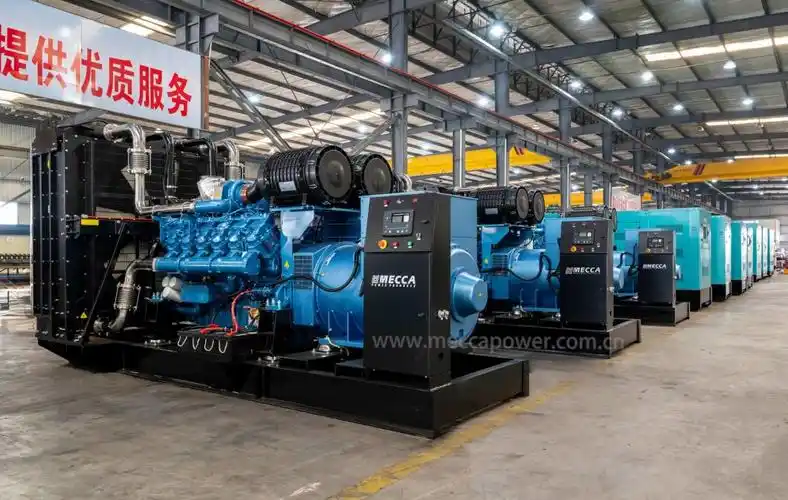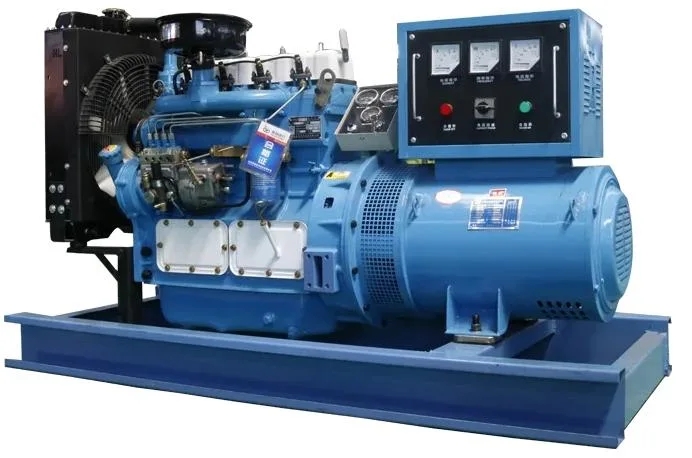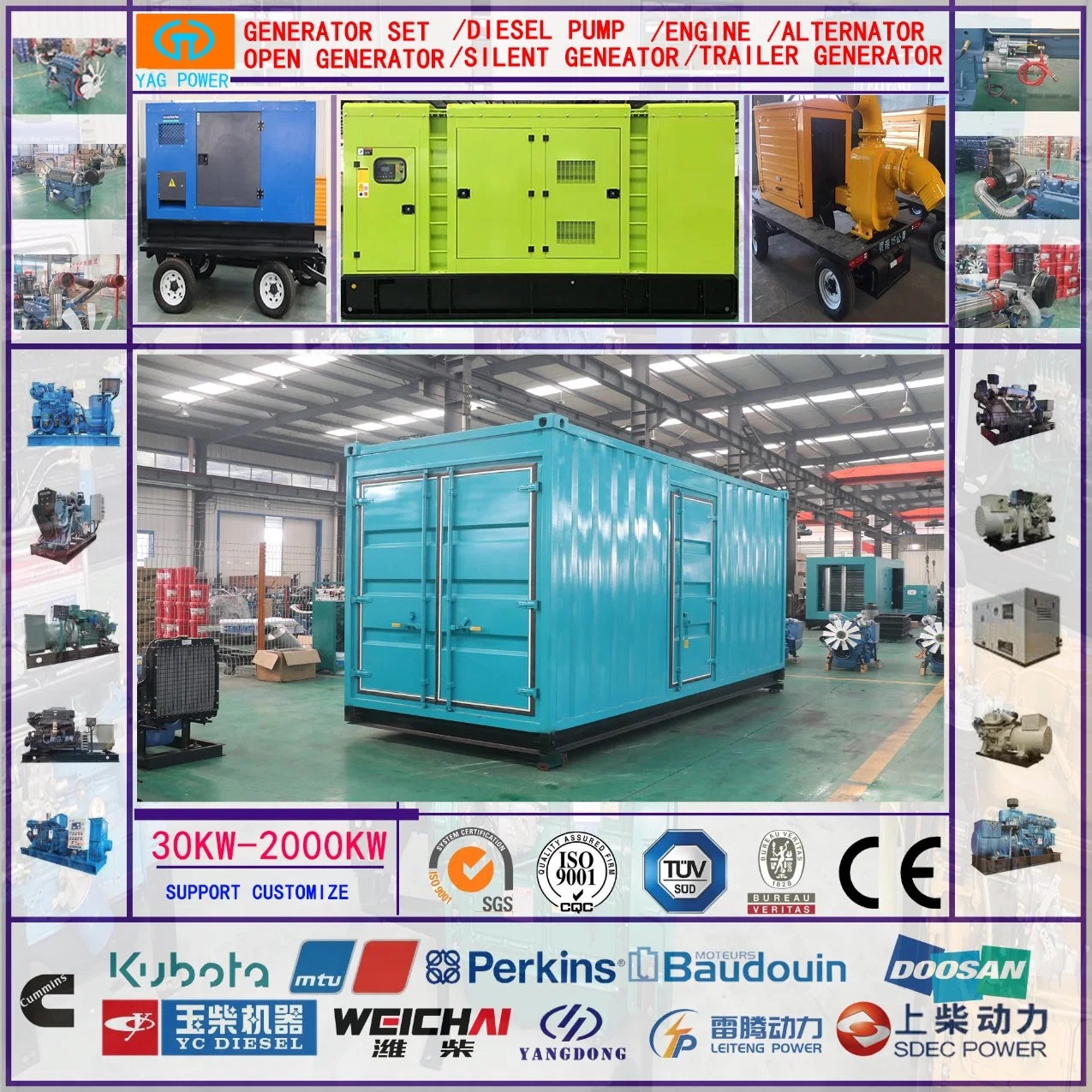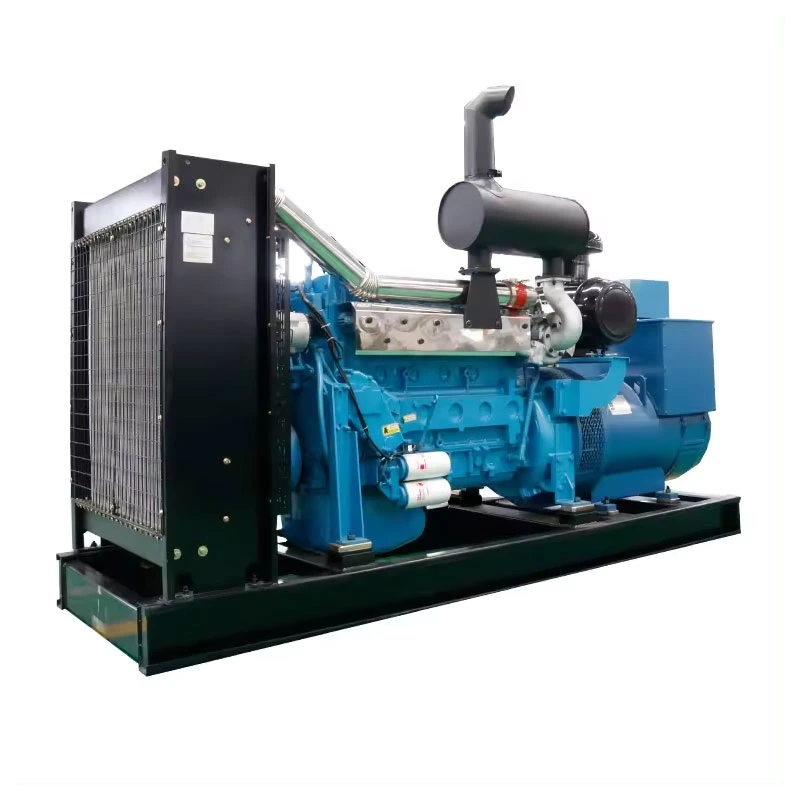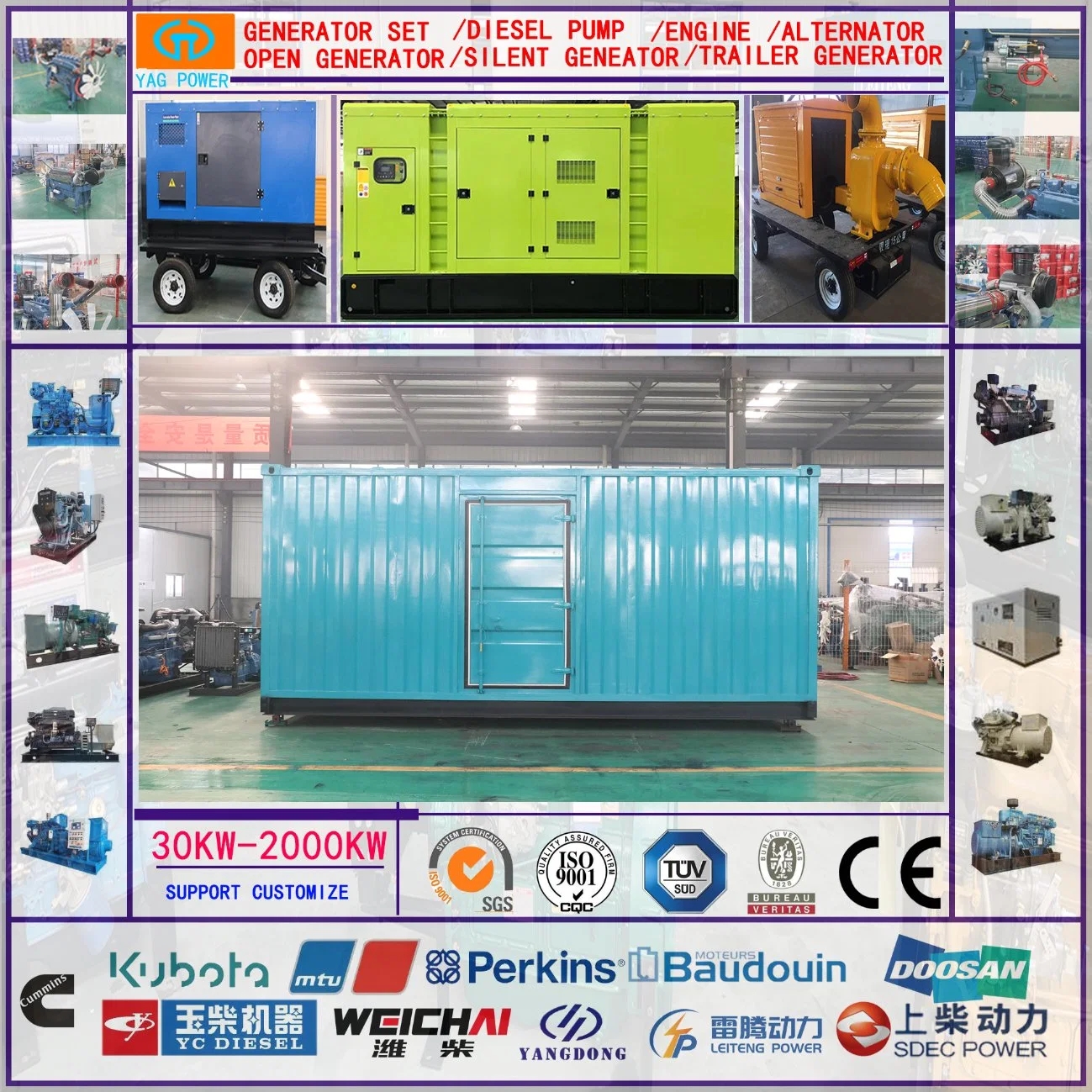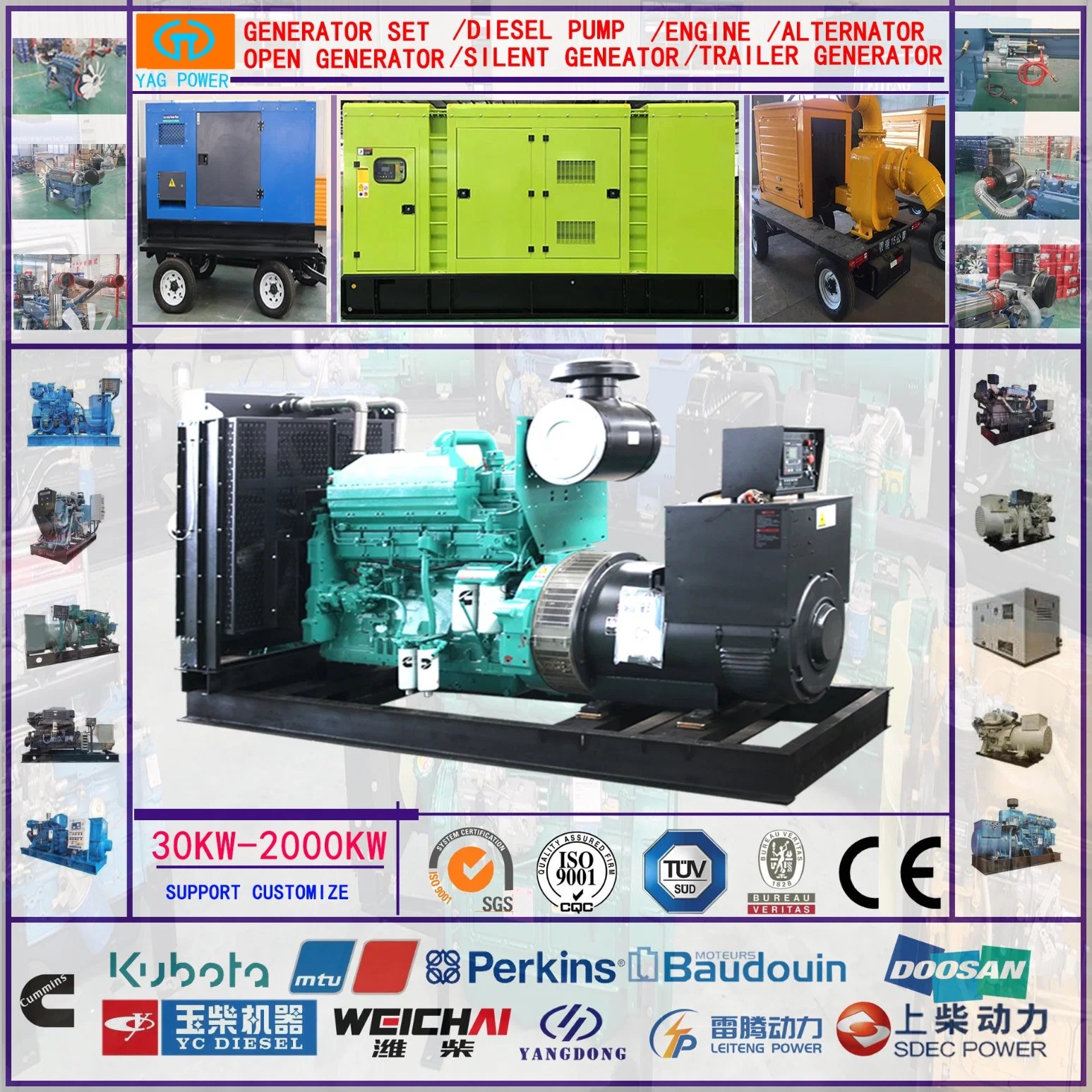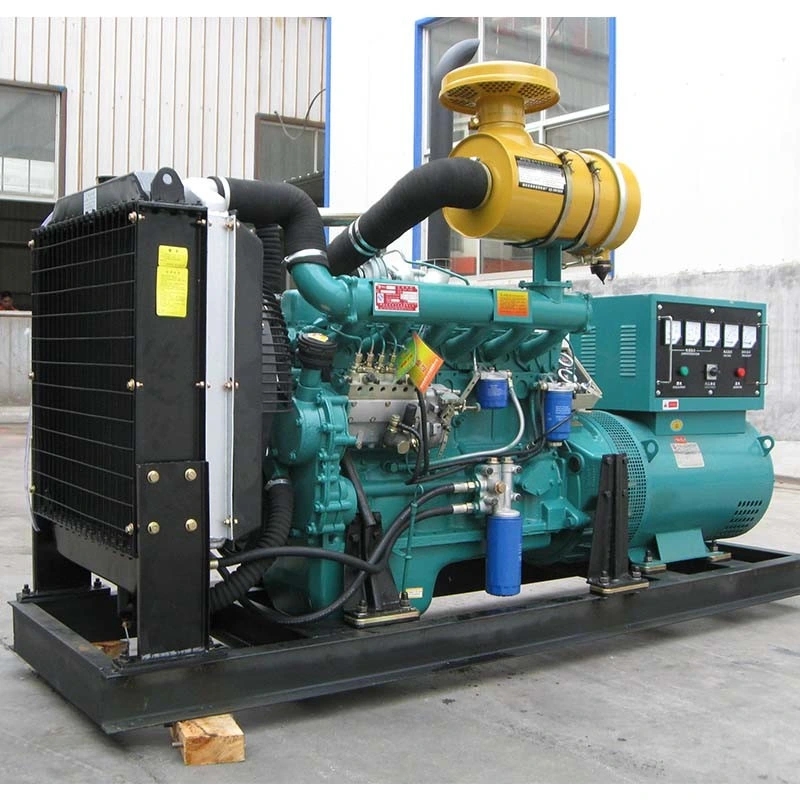Table of Contents
Toggle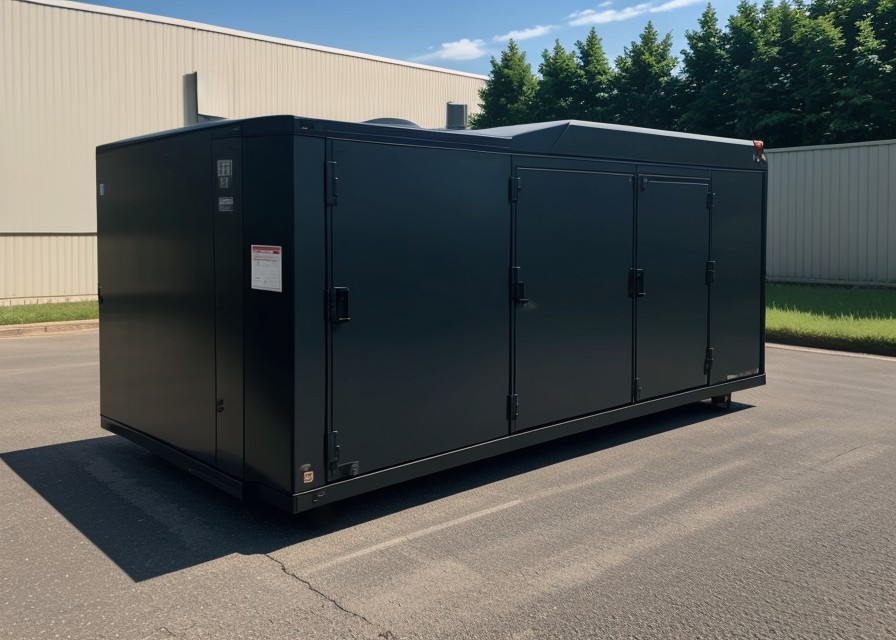
Introduction
When you hear “300kW diesel generator,” what comes to mind? Perhaps the hum of powerful machinery or the reassuring thought of a reliable backup power source? A diesel generator is essentially a combination of a diesel engine with an electric generator to generate electrical energy. Specifically, a 300kW diesel generator is a robust machine designed to provide significant power for various applications. In today’s world where power interruptions can cost businesses dearly, having a dependable 300kW diesel generator is not just a luxury but often a necessity.
The importance of a 300kW diesel generator cannot be overstated. Imagine running a manufacturing plant or a hospital where power failure is simply not an option. In such scenarios, a 300kW diesel generator steps in to ensure that operations continue smoothly. Whether it’s keeping the lights on, running critical machinery, or maintaining essential services, this powerhouse of a machine can handle it all.
Technical Specifications
Understanding the nitty-gritty details can help you appreciate why this machine is so essential.
Power Output
The primary specification of any generator is its power output. For a 300kW diesel generator, this means it can produce 300 kilowatts of electrical power. To put that into perspective, that’s enough to power large commercial buildings, industrial operations, and even small electrical grids. The sheer amount of power produced by these generators makes them suitable for heavy-duty applications where reliability is paramount.
Fuel Consumption
Efficiency matters when it comes to running a generator, and fuel consumption is a key factor. A 300kW diesel generator typically consumes around 60-70 liters of diesel per hour at full load. This might seem like a lot, but the fuel efficiency is quite remarkable when you consider the power it generates. Modern generators are designed to optimize fuel consumption, making them more economical and environmentally friendly.
Noise Levels
Generators are notorious for being noisy. However, modern 300kW generators come equipped with advanced noise-reducing technologies. This makes them suitable even for areas with strict noise regulations. Soundproof enclosures and mufflers are commonly used to minimize noise levels, ensuring that the generator operates quietly without causing disturbances.
Advantages of a 300kW Diesel Generator
Why should you consider investing in one? Here are some compelling reasons:
Reliability
Diesel generators are known for their durability and reliability. Unlike other types of generators that may falter under extreme conditions, diesel generators can run for extended periods without major issues. This makes them ideal for applications where uninterrupted power is crucial. For instance, hospitals and data centers rely heavily on diesel generators to maintain continuous operations.
Efficiency
These generators convert fuel into electrical energy efficiently, making them cost-effective in the long run. Diesel engines are more fuel-efficient compared to gasoline engines, which translates to lower operational costs. This efficiency also means that less fuel is required to produce the same amount of power, reducing the overall environmental impact.
Durability
Built to last, these machines can withstand harsh conditions and continue to perform optimally. Diesel engines are robust and designed for heavy-duty use, making them less prone to wear and tear. This durability ensures that your investment in a 300kW diesel generator will provide reliable service for many years.
Applications of 300kW Diesel Generators
Where can you use such a powerful machine? The possibilities are endless:
Industrial Use
Factories and manufacturing plants often rely on these generators for uninterrupted power. In industrial settings, even a brief power outage can lead to significant production losses and safety hazards. A 300kW diesel generator ensures that machinery and equipment continue to operate smoothly, minimizing downtime and maximizing productivity.
Commercial Use
Large offices and commercial buildings benefit from having a 300kW diesel generator as a backup power source. In commercial environments, maintaining business continuity is essential. A reliable power backup system ensures that critical operations such as data centers, security systems, and HVAC units remain functional during power outages.
Emergency Power Supply
Hospitals and emergency services can’t afford to be without power, making these generators indispensable. In healthcare facilities, power outages can jeopardize patient safety and disrupt critical medical procedures. A 300kW diesel generator provides a reliable backup power solution, ensuring that life-saving equipment and systems remain operational.
How to Choose the Right 300kW Diesel Generator
Choosing the right generator isn’t as simple as picking the first one you see. Here are some tips:
Assessing Power Needs
Calculate your total power requirements to ensure that a 300kW generator will meet your needs. Consider the peak load demand and any potential future expansions when determining the appropriate generator size. It’s important to choose a generator that can handle your maximum power requirements without overloading.
Budget Considerations
While these generators are an investment, consider both initial costs and long-term savings. The initial purchase price of a 300kW diesel generator can be substantial, but it’s important to factor in the long-term benefits such as reduced operational costs and increased reliability. Evaluate the total cost of ownership over the generator’s lifespan to make an informed decision.
Brand Reputation
Opt for reputable brands known for their quality and customer service. Established manufacturers with a track record of producing reliable generators are more likely to provide high-quality products and excellent customer support. Research customer reviews and seek recommendations from industry experts to identify trustworthy brands.
Installation and Maintenance
Getting your generator up and running involves more than just plugging it in.
Installation Guidelines
Follow manufacturer guidelines for installation to ensure safety and efficiency. Proper installation is critical to the performance and longevity of your generator. Ensure that the installation site has adequate ventilation, proper grounding, and sufficient space for maintenance access.
Routine Maintenance Tips
Regular maintenance checks can prevent costly repairs down the line. Routine maintenance tasks include checking fluid levels, inspecting filters, testing battery systems, and conducting load bank tests. Following a preventive maintenance schedule helps identify potential issues before they escalate into major problems.
Troubleshooting Common Issues
Knowing how to troubleshoot common issues can save you time and money. Familiarize yourself with the generator’s manual and keep spare parts on hand for quick repairs. Common issues such as low coolant levels, battery failures, and fuel system problems can often be resolved with basic troubleshooting steps.
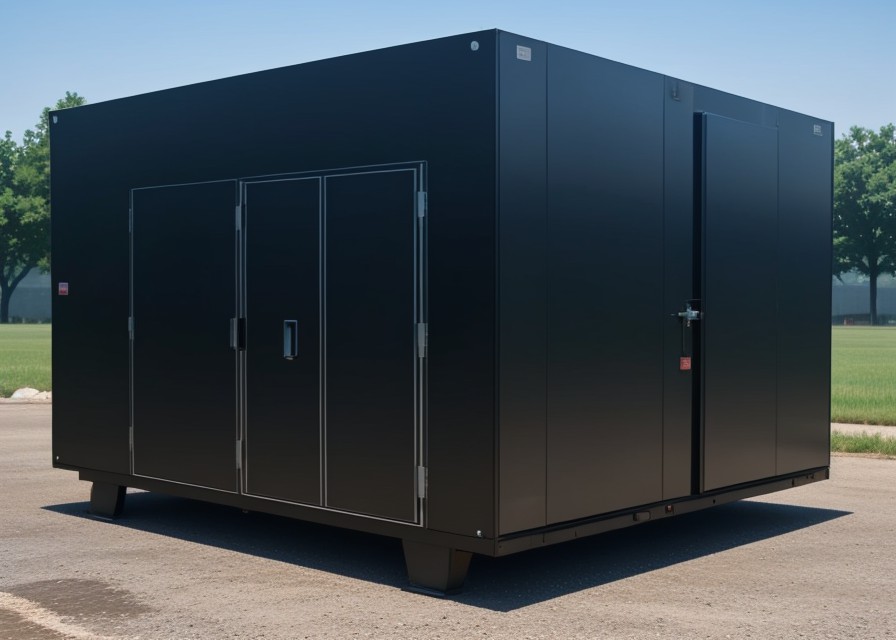
Environmental Impact
With increasing concerns about the environment, it’s crucial to consider:
Emissions and Regulations
Modern diesel generators adhere to strict emissions regulations, making them more eco-friendly. Governments and environmental agencies have implemented stringent standards to limit the emissions produced by diesel engines. For instance, the EPA (Environmental Protection Agency) in the United States has set Tier 4 standards that significantly reduce nitrogen oxides (NOx) and particulate matter (PM) emissions. By choosing a 300kW diesel generator that complies with these regulations, you contribute to a cleaner and healthier environment.
Fuel Efficiency and Green Technology
Innovations in fuel efficiency and green technology are making these generators more sustainable. Manufacturers are continually developing advanced technologies to improve fuel combustion and reduce emissions. Features such as electronic fuel injection, turbocharging, and exhaust after-treatment systems enhance the overall efficiency of diesel generators. Additionally, some generators can be equipped with hybrid systems that integrate renewable energy sources like solar panels, further reducing their carbon footprint.
Cost Analysis
Understanding the financial implications can help you make an informed decision:
Initial Investment
The upfront cost can be substantial but think of it as an investment. A high-quality 300kW diesel generator may require a significant initial outlay, but this investment pays off in terms of reliability and longevity. When comparing prices, consider the features, build quality, and warranty offered by different manufacturers.
Operating Costs
Factor in fuel costs, maintenance, and potential repairs. Operating a diesel generator involves ongoing expenses such as fuel consumption, regular maintenance, and occasional repairs. However, the efficiency of diesel engines means that fuel costs are generally lower compared to other types of generators. Implementing a preventive maintenance program can also help minimize repair costs by addressing issues before they become major problems.
Long-Term Savings
A reliable generator can save you money by preventing costly downtime. For businesses that rely on continuous power, even a short interruption can lead to significant financial losses. By investing in a 300kW diesel generator, you ensure that your operations remain uninterrupted, safeguarding your revenue and reputation. Over time, the savings from avoiding downtime and maintaining productivity can offset the initial investment and operational costs.
Case Studies and Testimonials
Real-world examples can offer valuable insights:
Real-Life Examples
Learn how businesses have benefited from investing in a 300kW diesel generator. For instance, a manufacturing plant that experienced frequent power outages decided to install a 300kW diesel generator as a backup power source. This investment not only prevented production losses but also improved employee safety and morale. Similarly, a hospital that faced challenges with grid reliability installed a diesel generator to ensure uninterrupted power for critical medical equipment and patient care.
User Testimonials
Hear from satisfied users about their experiences. One business owner shared, “Investing in a 300kW diesel generator was one of the best decisions we’ve made. It has provided us with peace of mind knowing that our operations will continue smoothly even during power outages.” Another user mentioned, “The reliability and efficiency of our diesel generator have exceeded our expectations. It’s an essential part of our disaster recovery plan.”
Future Trends in Diesel Generators
The world of diesel generators is continually evolving:
Technological Advancements
Expect more innovations aimed at improving efficiency and reducing environmental impact. The future of diesel generators looks promising with advancements in engine design, fuel injection systems, and emission control technologies. For example, research is being conducted on using alternative fuels such as biodiesel and synthetic diesel to further reduce emissions and dependence on fossil fuels.
Market Predictions
The demand for reliable power sources suggests a bright future for diesel generators. As the global economy continues to grow, the need for dependable backup power solutions will increase. Industries such as healthcare, telecommunications, data centers, and manufacturing will continue to rely on diesel generators to ensure operational continuity. Additionally, the integration of smart technologies and IoT (Internet of Things) will enable remote monitoring and management of generators, enhancing their efficiency and reliability.




